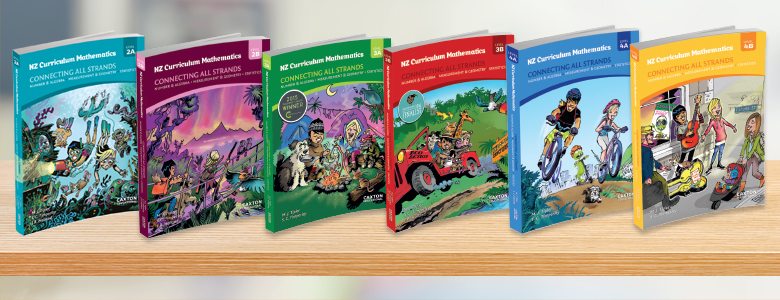Textbooks are back and better!

Technology has been a godsend during the last few months with the need for self-isolation, and working and learning from home is becoming the new norm.
While online learning has its place in education, CaxEd believes, and recent research confirms, that paper resources hold a strong place in instruction.
Last year, a story (Stuff, The Sydney Morning Herald, McGill Media) made the rounds about an Australian school that had formerly fully converted to iPads, then tossed them out to return to paper textbooks.
After five years of pure online learning, students shared their preference for hard copy textbooks. Teachers and administrators related, instead of enhancing their technological skills, that students were distracted by digital alerts and messages, reducing comprehension and retention.
The Reddam House principal, Dave Pitcairn, said, “The ease of navigation through the textbook was easier with the hard copy. I believe they learn better the more faculties they use, the more senses they use in research and reading and making notes.”
At least two research projects confirm what this school discovered.
A senior lecturer in the School of Education at Edith Cowan University, Margaret Merga, examined several pieces of research about various types of book formats. After extensive analysis, she wrote, “While electronic books offer a range of benefits and may be supposed to be more appealing to young people than paper books, this assumption is often treated as fact by educational researchers.” Her paper, “Do Adolescents Prefer Electronic Books to Paper Books?”found “the contention that adolescents prefer electronic books is not supported by the available research.”
In addition, the World Economic Forum published a story, “Students learn better from books than screens, according to a new study,” by Patricia A. Alexander, professor of psychology, and Lauren M. Singer, Ph.D. candidate in educational psychology, both from the University of Maryland. Their studies concluded that “teachers, students, parents and policymakers might assume that students’ familiarity and preference for technology translates into better learning outcomes. But we’ve found that’s not necessarily true.” On the contrary, they concluded that understanding improved when information is read off of paper instead of a digital screen. Their summary states it best: “our goal is simply to remind today’s digital natives – and those who shape their educational experiences – that there are significant costs and consequences to discounting the printed word’s value for learning and academic development.”
As educators navigate the uncertain world of online learning, one aspect is obvious: Textbooks are still a viable, necessary instructional tool. If you are finding students are not learning and retaining information, reverting to “traditional” textbook teaching might be the answer, which is where Caxton Educational’s resources come into play. The Connecting All Strands series takes the best practices in maths and combines them into a multi-year, multi-level approach for both experienced and novice teachers.
By Joel' Bradley

